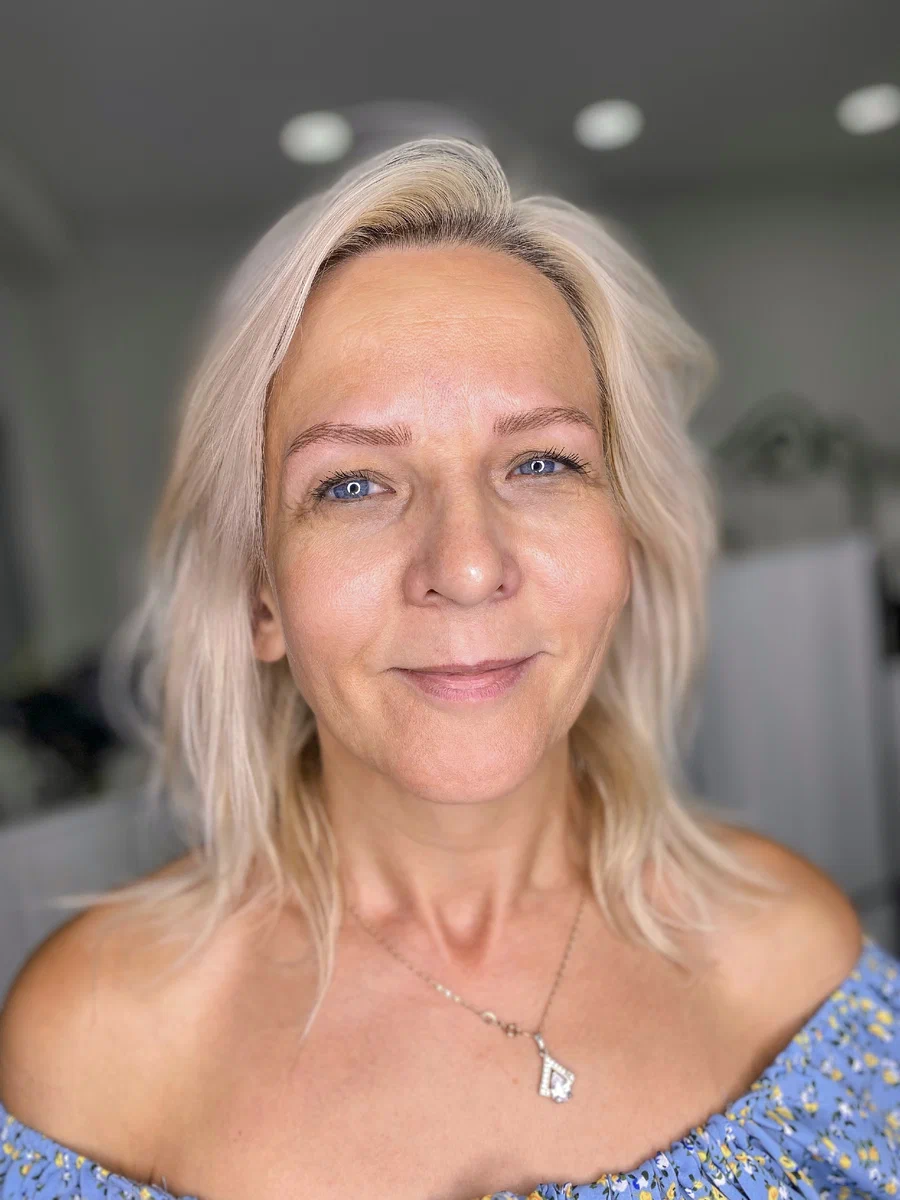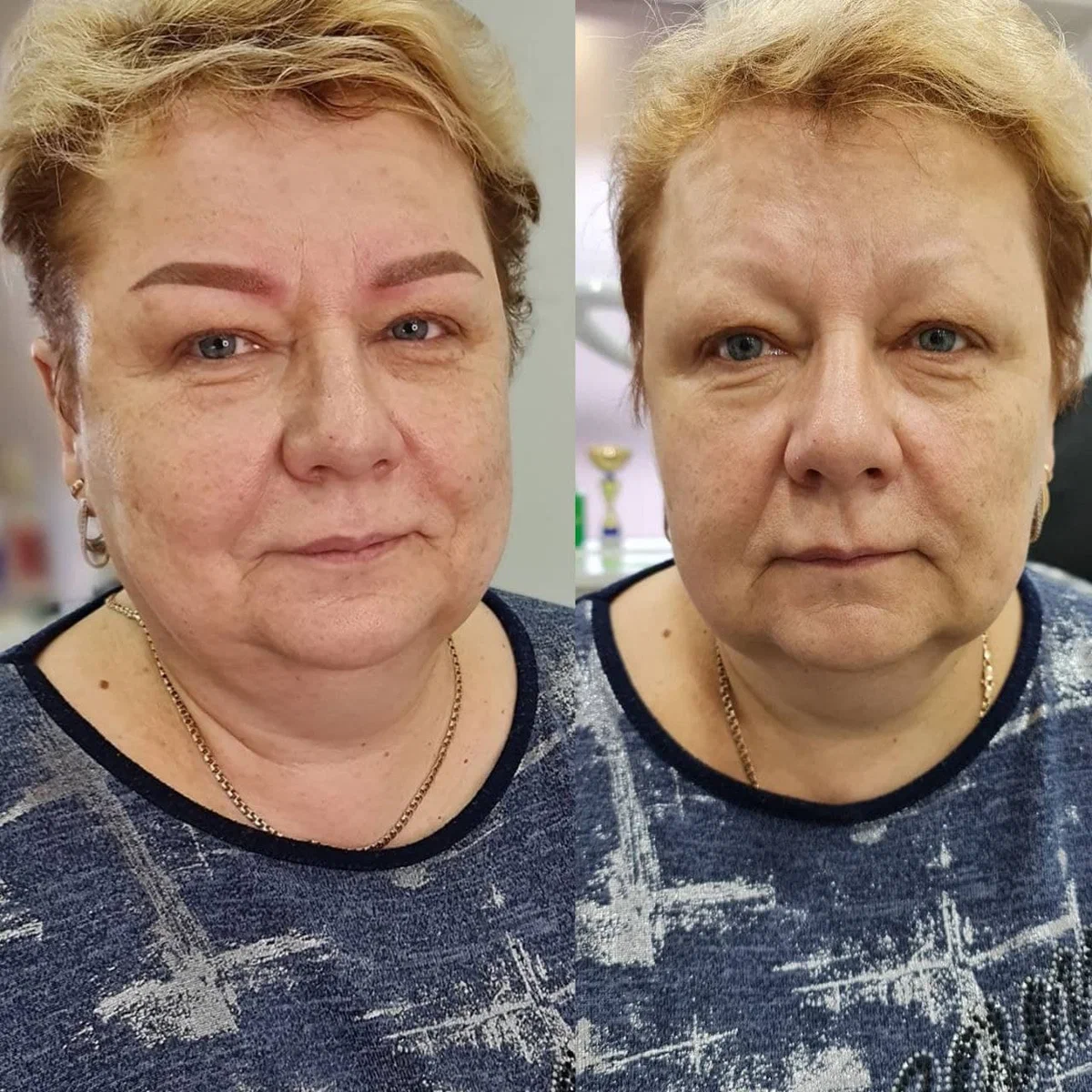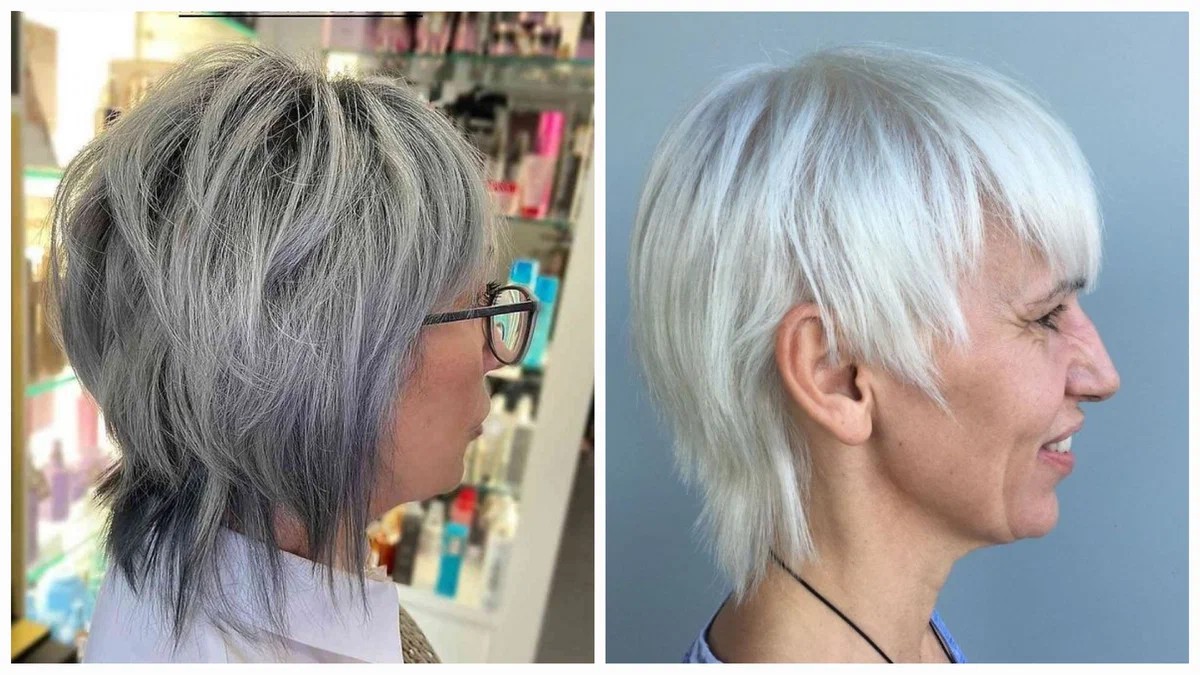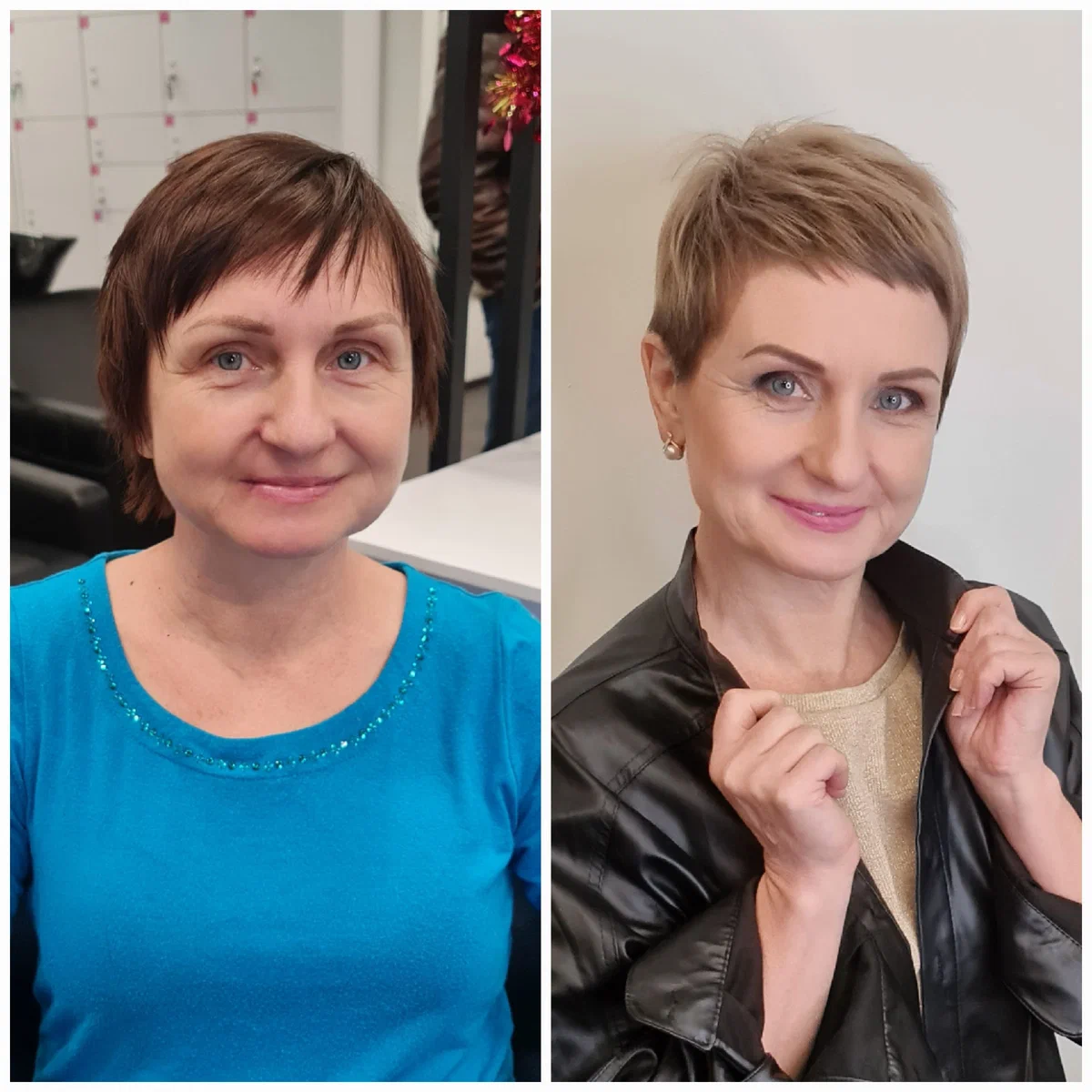A makeup artist’s work is cool when the client is brighter, but not older. Unless, of course, that’s exactly the goal. You don’t have to be an expert in the beauty industry to understand that it’s harder to do good makeup on an older face than it is on a younger face. It’s exactly the same with permanent makeup, only the responsibilities and consequences are different.
You can’t just wash it off. If you are a 50+ client or want to sign your mother, aunt, mother-in-law, grandmother up for the procedure, choose the Permanent Makeup Studio very carefully. If you are an experienced master, you already know that there will be a little more work than usual. And a little more complicated.

When working with mature women, it is not only the talent of the master that is important, the components of success are greater. In most cases, beauty industry professionals are younger than clients of an elegant age. This means that it is very important to treat such a client with sincere respect. Not only in terms of high service and service standards, but also just humanly. Mature women are not more capricious than others, but more subtly and quickly read your attitude. To a woman of age it should by default be as a VIP client. No, not because they need more, but because they feel differently and are often really vulnerable (or hurt themselves).
You just have to be able and willing (this is important) to listen and properly hear the client’s request. It is logical to assume that the procedure will take a little longer. Keep this in mind at the time of the appointment and don’t dare rush the client or make it clear that they need to hurry up. Young clients are active, dynamic, almost always in a hurry. Among older clients there are also not a few of them, the speed you count immediately. But there are others with whom it is best to slow down to be on the same page.

The psychological aspect of the procedure also includes the age client’s desire to talk and make decisions, or to influence the course of events. If possible, get involved. If the client makes it difficult to work (active facial expressions, movements), delicately and respectfully ask (not just tell) them to endure silence for a period of time.
And explain that it is important for your work. And it is better to continue the conversation a little later.







Leave a Comment